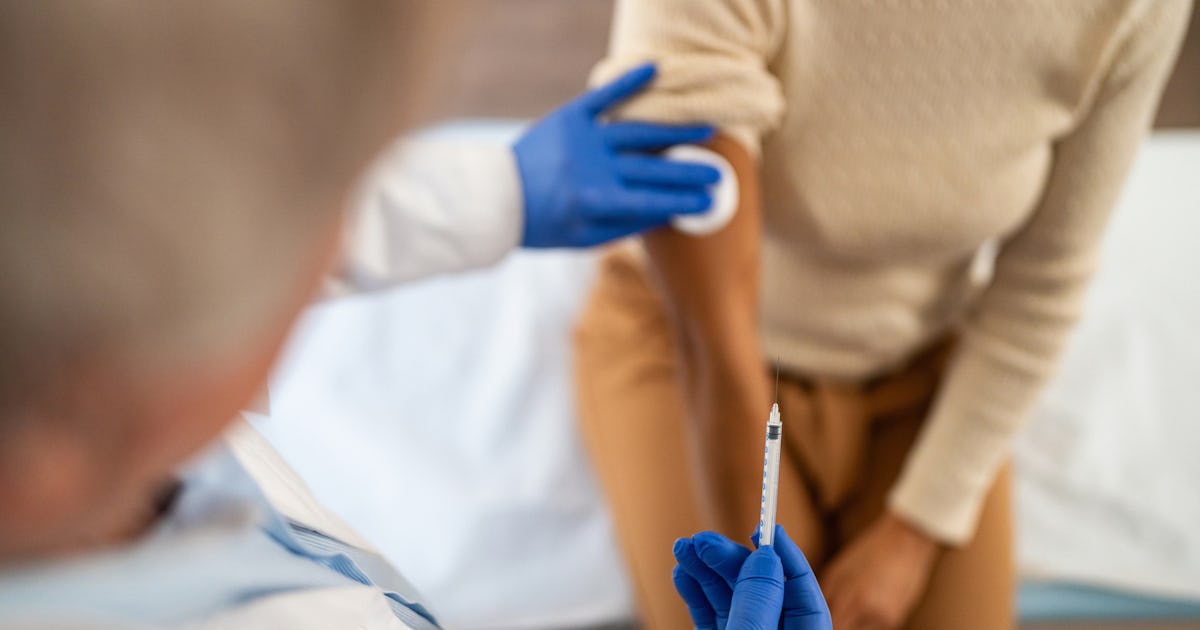
Is it true that you should wait to swim after eating?
The science: As children, too many of us were forced to face that dreaded dilemma - eat a summer treat and wait 30 minutes before joining our friends in the pool, or go without it to avoid missing any swim time.
The rule - passed down from our mothers and grandmothers and intended to keep us safe from drowning - is, however, a common myth, experts said.
There is no known increased risk of drowning after eating - "whether you're swimming for fun or [are] a professional athlete," said Chris Whipple, a registered nurse and member of the American Red Cross Scientific Advisory Council and aquatics sub-council.
Drowning is the leading cause of death for children ages 1 to 4, and the second-leading cause of death from unintentional injury for those ages 5 to 14, according to data from the Centers for Disease Control and Prevention. And, research shows, water-related accidents and injuries, or health problems such as convulsions, fainting or cramps, can lead to drowning. Exercise-related muscle cramps are often associated with neuromuscular fatigue, which may arise from repetitive and prolonged activity, among other reasons, one review said.
One theory meant to discourage swimming after eating was that when a person eats, blood is diverted from the muscles to the gastrointestinal tract to help metabolize food, leaving those muscles susceptible to cramps severe enough to render that person unable to swim. Or perhaps the reverse - that physical activity such as swimming could divert blood from the digestive tract, where it is being used to digest food, to the muscles, causing nausea and vomiting, experts explained.
"But the amount of blood that is shunted is pretty minimal," said Michael Levine, associate professor of emergency medicine at University of California at Los Angeles. That's why the risk of serious injury related to eating before swimming "is essentially zero," he added.
There are no recommendations from the Red Cross, CDC, World Health Organization or other top medical or safety institutions on waiting to swim after eating, experts said.
A handful of studies in the 1960s examined whether eating before a physical activity such as running and swimming would affect athletic performance. In one of the studies, 24 swimmers ate a small meal and waited for various periods of time from 30 minutes to two hours before a one-mile freestyle swim. None experienced adverse effects from eating before swimming.
In fact, experts said, athletes - including swimmers - need to eat to fuel their bodies.
Matthew Badgett, an internal medicine and pediatric physician who specializes in lifestyle medicine at Cleveland Clinic, said that he has experimented, and when he eats a small meal before a swim, he feels better in the water. "I feel like I'm able to swim faster and longer," he said.
• What else you should know:
While eating before swimming is not usually a cause for concern, there are other precautions people should take during water-related activities, experts said.
Take extra precautions with children. Teach kids to swim, supervise them closely while in and around water, and encourage them to wear life jackets, particularly during water sports. Also, learn first aid and CPR in case of emergencies, the CDC said.
Stay hydrated. Dehydration can occur even in the water, and it can cause dizziness and light-headedness, fatigue, and muscle cramps, among other symptoms.
Keep cool. Staying outside in the heat for long periods of time, particularly while being physically active - even swimming - can cause heat illness, including heat stroke, heat exhaustion, heat cramps and heat rash. This can be a risk especially when you are swimming near the surface, exerting yourself, and getting in and out of the water, Levine said.
Avoid alcohol. Drinking alcohol increases the risk of drowning by impairing balance, coordination and judgment, and potentially leading to riskier behaviors, the CDC said. Alcohol can also increase the risk of severe sunburns - via dehydration, impaired judgment in adequately applying sunblock and possibly a physiological reaction in the body that may make the skin more susceptible to skin damage, research shows.
• The bottom line: In most cases, eating before swimming is not likely to pose a notable risk of drowning, experts said.











